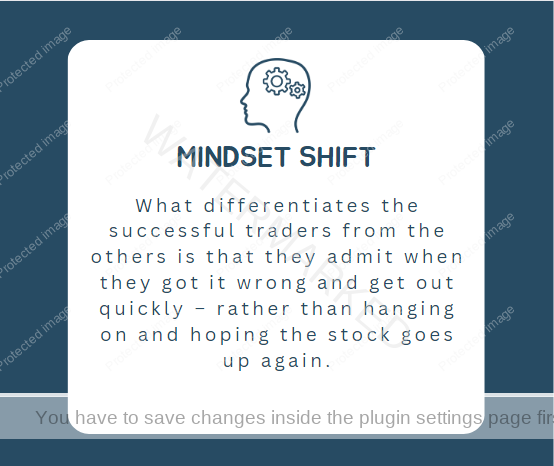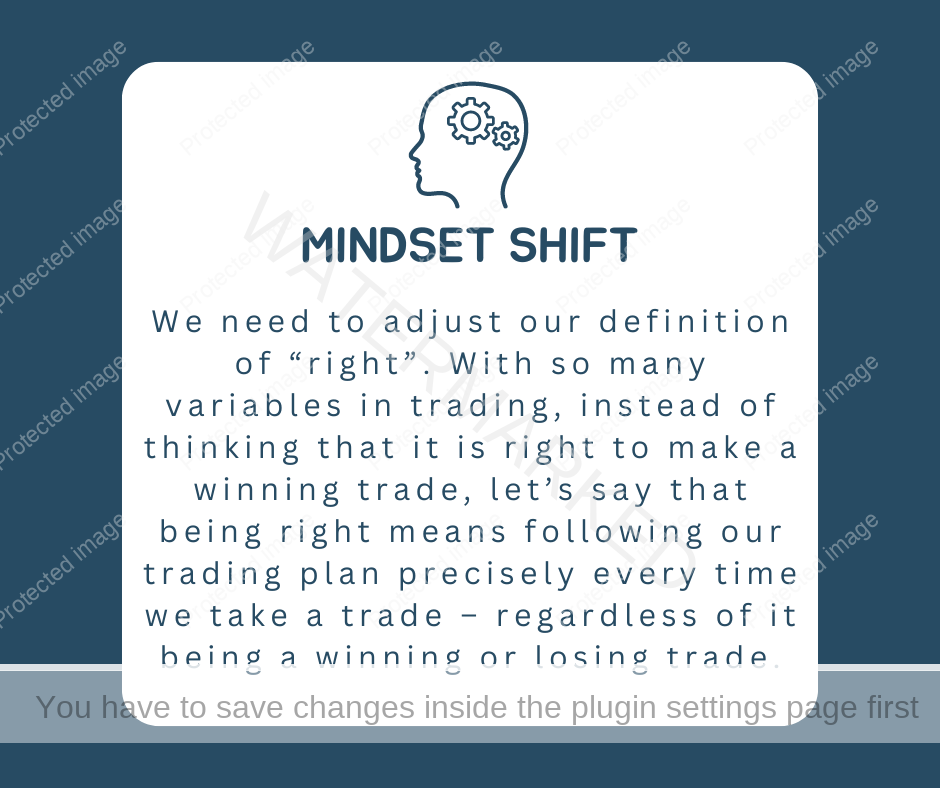
A trading system is a collection of rules that define everything you may do before, and more importantly, after you buy any share or investment. It is a planned approach that provides structure to your investment activity in the market.
The trading system is basically a plan that not only says how you are going to trade successfully but what you are going to do if things go wrong.
Building wealth is just like building a house. You wouldn’t build a house without a plan and neither should you attempt to build wealth through trading without a solid trading system.
Three Very Important Questions
Your trading strategy needs to include very clear rules that answer the following three questions:
- When and why will you buy a share?
- If you start making a loss, at what point will you sell the share?
- If you start making a profit, at what point will you sell the share? Let’s consider each of these questions.
When and why will you buy a share?
This is the easiest question. You could use just about any method, from throwing darts at the financial pages of the newspaper to using a sophisticated computer system to pick which stock you will buy. The important point is that you are consistent in your method so that you’ll be able to look back and see if it’s working or not.
If you start making a loss, at what point will you sell the share?
This is the most important question.

If you think you will trade and never make a loss, you’re better off putting your money into managed funds or in the bank. There is always a risk with any investment and no one ever gets it right all of the time. What differentiates the successful traders is that they admit when they got it wrong and get out quickly – rather than hanging on and hoping the stock goes up again.It is important to define the level of risk you are prepared to accept and then stick to this rigidly. The disciplined use of “stop losses” is a common characteristic of successful traders and we’ll cover this in detail later on.
If you start making a profit, at what point will you sell the share?
The idea that what goes up, must come down can be frequently applied to the share market. The law of gravity still applies. Too many investors have seen dollar signs as a share they own races upwards, only to then watch it plunge back down to below its purchase price.
So just as it is important to know how much of a loss you are prepared to take, it is equally important to have a profit strategy and to stick to it. After all, a small profit you have is better than a large profit you might have had.
Believing in Your Strategy
Once you have a strategy that will answer the questions above, it is important to convert it into a specific plan that you can use to make decisions. Making decisions with confidence means operating under a set of rules that you believe will work for you. The only way to really gain this confidence is to put your system to the test. The more you can learn about yourself and your investment behaviour and tendencies, the better your decisions will be.
It is important to keep realistic goals when developing your system. Many inexperienced traders enter the markets with high expectations of what they can achieve. But in trading, slow and steady wins the race – you can’t expect to become rich overnight.
You Can’t Be Right All The Time… Or Can You?
Most of us think that it is good to be right and bad to be wrong. This is only natural because since the time we were children, we have been told that we are good when we did the right thing and bad when we did the wrong thing.

The problem is, when it comes to investing, this is not how it works. Most people would consider they were right if they made a winning trade. But there is no way that you will be right every time you buy a stock. Sometimes you will be wrong. Sometimes you will lose money. So how can we be right all of the time?
The way to do this is to adjust our definition of “right”. Instead of thinking that it is right to make a winning trade, let’s say that being right means following our trading plan precisely every time we take a trade – regardless if it’s a winner or a loser.
In this way we can be right all the time.